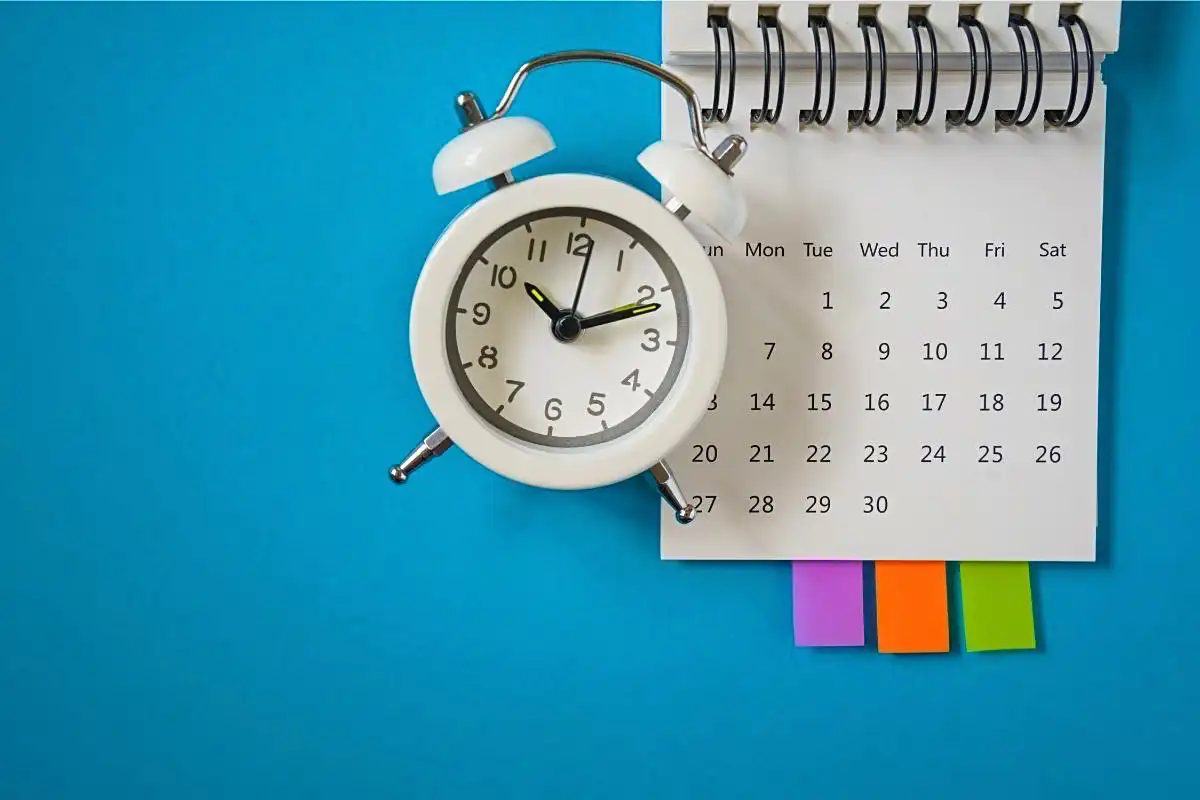Why We Need Routines
Picture this: It’s a grey Tuesday morning in Brighton, January. Despite the rising feeling of dread in my stomach I am lacing my trainers. My subconscious is rearing like a spooked horse wildly scanning the room for anything, anything I need to do that isn’t this. Can I really leave my emails for 2 hours? Am I sure I didn’t leave the gas on? I open the front door, carefully lock it – drinking in these precious seconds – and since I can put it off no longer, I break into a run. I do not stop for 8 miles.

The Power of a Training Plan
Looking back now, it’s hard to believe that I found the time and motivation to train for a half-marathon. As far as running achievements go, it’s not even that far. People run marathons. Ultra marathons. Across mountains. Through the desert. Nevertheless, since I had barely run anywhere without being chased since school, forme those 6 months of tri-weekly running were a big deal, and I’m proud of my commitment.
I’ll let you in on a secret though, it didn’t have anything to do with me at all, really. You see, I made a training plan and I stuck to it. That’s all. And in month 5 of that training plan, when it told me I was going to run 8 miles on a Monday between 11am-1pm, that’s what I did. It wasn’t motivation, discipline, fitness or perseverance that got me over the finish line. It was just my routine. And this experience taught me that with a bullet-proof routine, you can achieve literally anything.

Healthy Routines vs Default Habits
The idea that a solid routine is beneficial feels like a no-brainer, but let’s try and break down exactly why that is so we can examine the benefits more deeply. First off, what is a routine? I would propose that routine is any statement of habit utilising the prefaces ‘always’ or ‘usually’. “I always brush my teeth first thing in the morning and last thing at night”. “I usually walk around the park on my lunch break”. “I always go to dance class on Tuesdays”. “I usually stop at the pub on the way home for a few pints”. Now, while that last statement fits the criteria of a routine, it should be self-evident that it is by definition, not a terribly healthy one. Sure, socialising is good, and there’s nothing wrong with the odd drink in moderation, but if drinking in the pub becomes the default post-work activity, the negatives are going to outweigh the positives pretty quickly.
So, we can introduce a caveat here that a healthy routine must by definition include habits that reinforce our long-term goals. Assuming one of our goals is to live a long, happy, healthy life, it’s crucial that our routine addresses our lifestyle needs, i.e getting sufficient rest, nutrition and movement into our day so we can be at our best.

What Makes a Good Routine…Good?
It would also be a mistake to assume that a good routine must also require discipline to maintain. For example, I’m sure many if not all of you reading this can identify with the first example I gave about always brushing our teeth. By now, that routine is probably so embedded that if I offered to pay you to go without brushing your teeth for a week, you might do it (if sufficiently compensated) but I doubt many of you would feel happy about it. This tells us something about the nature of a good routine. I would like to infer two statements of fact from this, if you will permit me?
1. A good routine must be easy to start
2. And it must be easy to maintain
Let’s Get Visual
Let’s do a thought experiment. Let’s imagine you live in a perfect world, where you always get sufficient rest, earn sufficient money and have enough time to fulfil your needs. The only prerequisite here is that this must be within the bounds of reason, i.e You don’t earn a thousand pounds an hour and work for 4 hours a week. Assume you have an average working commitment of 40 hours a week. Now let’s populate this fantasy with your dream routine. Maybe you play piano for the first hour of every day, or you make delicious meals from scratch every night. Maybe it’s yoga, jogging, cycling, painting, singing, the sky’s the limit, just go for it. Imagine as much detail as possible, what time do you wake up? What happens first? And after that? Keep going until you’ve identified your perfect daily regimen. Now, be honest, how many of those things do you already do at least some of the time? If the answer is ‘most of them’, then good for you, you’re already smashing this, but if the answer is ‘few to none’ then I would suggest you may be falling victim to the overconfidence cognitive bias.

Breaking The Cognitive Bias
Simply put, if you tend to underestimate how long you need each morning cradling a cup of tea before you can face the world, then this is an example of the overconfidence bias. It also tells us that a daily yoga routine at the crack of dawn for 90 minutes is unlikely to work for you, but with a little tweaking your routine can step into reality. Try 10 minutes 3 times a week and go from there. If you hit the sweet spot, increasing the time later will come easily. All that matters in the beginning is establishing the routine itself.

The Ripple Effect
All things being equal, healthy routines usually start with small but powerful commitments that compound to allow us to live the life we fantasise about. Getting to bed at the same time every night might not sound glamorous, but a regular sleeping schedule is essential for regulating our endocrine system which releases stress hormones like cortisol as part of our circadian rhythm. Waking up feeling energised allows us to make the most of our mornings. Scheduling 10 minutes of guitar practice 3 times a week may not sound like a lot, but it’s significantly more than 0 minutes, 7 days a week.
Life-Changing Benefits
These habits won’t just positively impact you either. A bedtime routine for children is correlated with a harmonious family home life and improved sleep habits for both children and parents, while family routines in general correlate with increased social skills, academic success and resilience in the face of crisis. Possibly the greatest benefit to a routine though is that it costs literally nothing. You can never be too financially hard up to try out a new routine, and for all you know it might be worth its weight in gold.
If you’re feeling inspired to create your perfect routine and make your dream life a reality, check out our ‘Hack Your Habits’ course.















